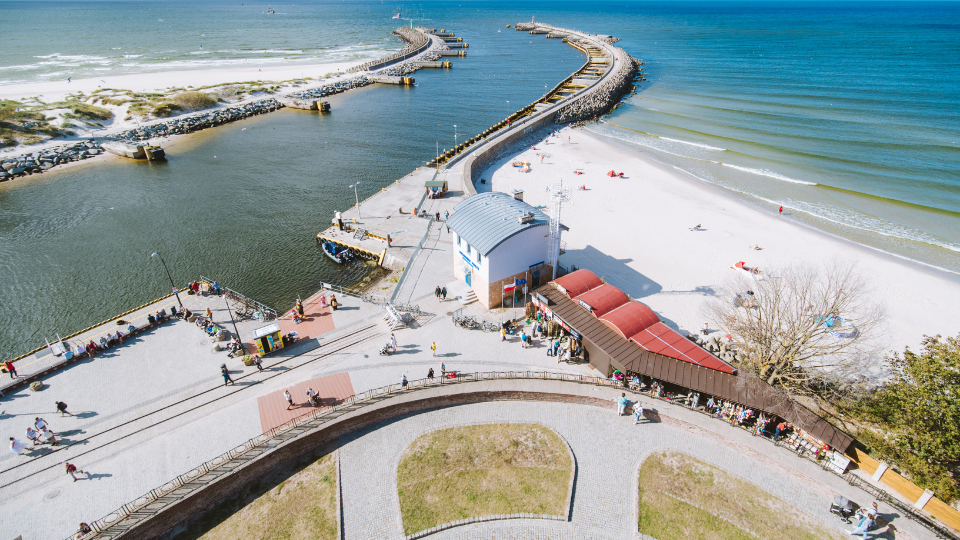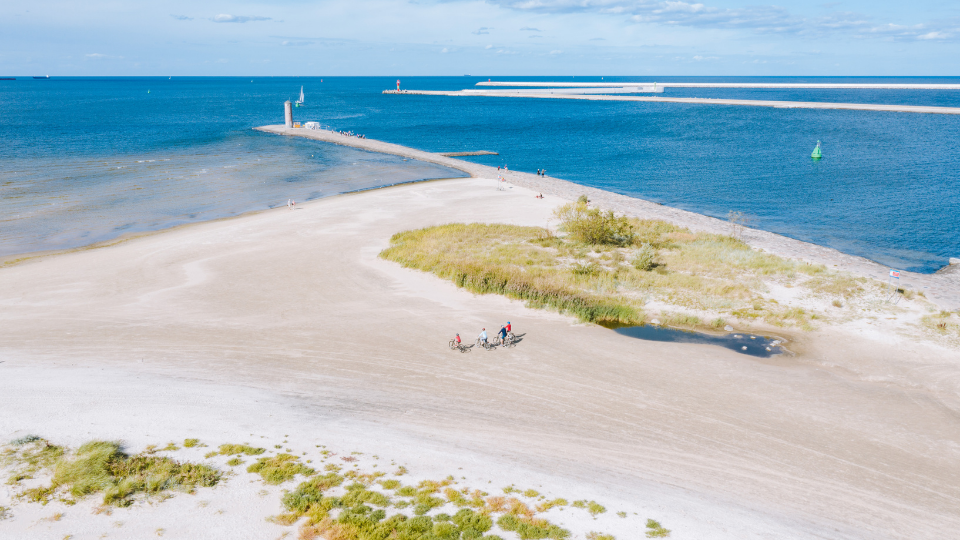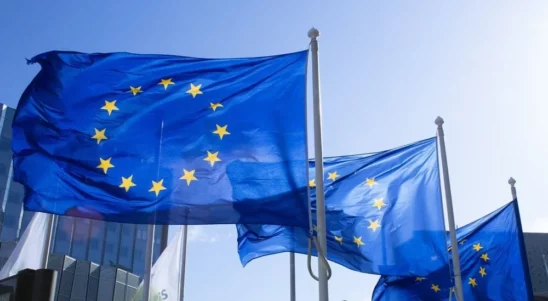Events have a great and unused potential to generate more tourist inflow to the South Baltic region. Behind each event there are stories and traditions that can act as strong appeals and the main motivation to choose South Baltic from among other destinations. BALTIC STORIES project has arisen out of a seed money project with the same title that discovered a common problem of most of events: lack of professionalisation. The main problems can be summarised as follows: – lack of professional marketing and visibility at international level, – lack of knowledge, e.g. on event management, on how to follow an economic model in a long time perspective for economically sustainable events, but also on how to put in place environmental measures; – lack of effective cooperation with public and private stakeholders at local, national and international level. All these barriers are interlinked and should be addressed jointly. While doing so, the authenticity and link to the cultural heritage should be taken into account, so event organizers become the “Baltic storytellers”, who transmit the cultural identity of the whole South Baltic area.
BALTIC STORIES project main objective is the professionalisation of events organised across the South Baltic area. The project will educate and put at the disposal of event organizers a set of tools and guidelines, as well as provide professional marketing support, implement pilot and training activities, so that event stakeholders will be equipped with novel solutions for event organisation. The main outputs of the project are: 1) tools for events, 2) promotion and marketing, 3) workshops and volunteer involvement, 4) cross-border network. By strengthening capacities of the event stakeholders, the BALTIC STORIES project will contribute to an “increased popularity of natural and cultural heritage areas/sites as sustainable tourism destinations” (expected programme result under Specific objective 2.1. of the INTERREG South Baltic Programme).
Project outputs
Project website
Find the BALTIC STORIES Project website here.













